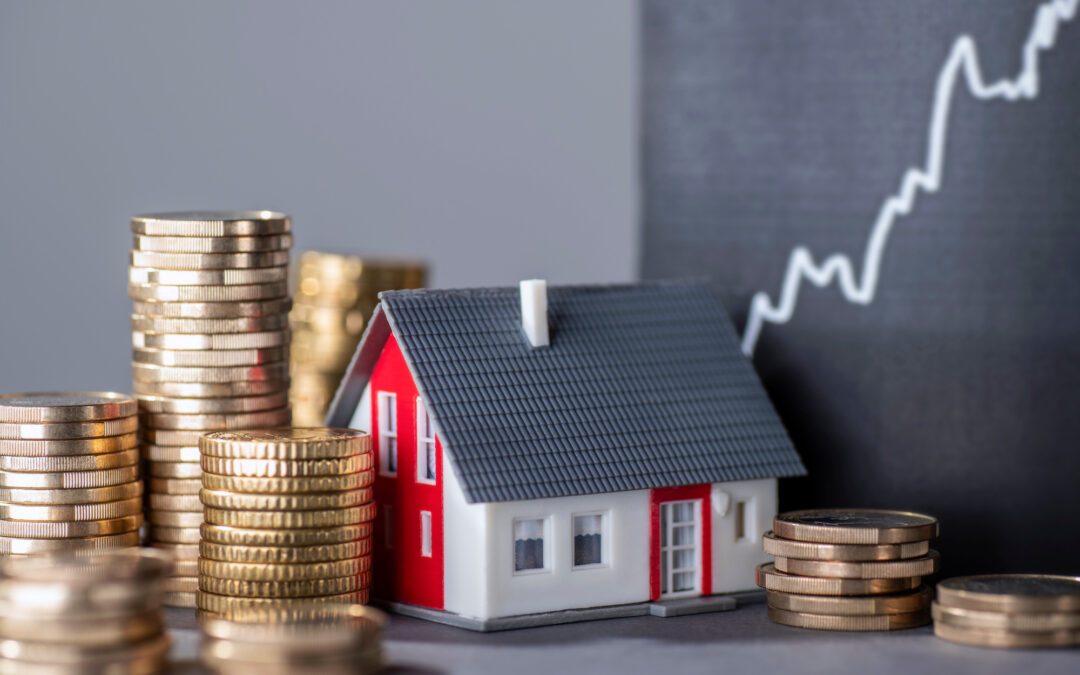Understanding the current value of your home is crucial, whether you’re considering selling, refinancing, or simply assessing your financial health. However, determining the exact worth of a house can be complex, involving various factors from the current market trends to the specific characteristics of your property. This article will guide you through different methods and considerations to accurately calculate your house’s current value.
1. Understanding the Importance of Home Valuation
Knowing the value of your home is important for several reasons:
- Selling: Accurate pricing is key to attracting buyers and ensuring a fair sale.
- Refinancing: Understanding your home’s value is essential when refinancing a mortgage.
- Insurance: Proper valuation ensures adequate insurance coverage.
- Taxation and Estate Planning: Accurate property value is necessary for tax assessments and estate planning.
2. Comparative Market Analysis (CMA)
One of the most common methods for estimating the value of a home is a Comparative Market Analysis.
- Real Estate Agents: A CMA is typically performed by real estate agents and involves comparing your home to similar properties that have recently sold in your area.
- Factors Considered: CMAs consider factors like location, size, age, and features of your home compared to others in the vicinity.
- Limitations: CMAs can be subjective and may not always account for unique features or recent market changes.
3. Online Valuation Tools
Several online tools can provide a quick estimate of your home’s worth.
- Websites like Zillow or Redfin: These sites use algorithms to estimate home values based on public records and market trends.
- Accuracy: While convenient, these tools should be used as a starting point, as they can’t account for unique property features or current market conditions.
4. Professional Appraisal
A professional appraisal is often the most accurate way to determine a home’s value.
- Licensed Appraisers: These professionals conduct a thorough assessment of your property, considering factors like location, condition, improvements, and current market trends.
- Cost: While an appraisal provides a detailed and unbiased valuation, it comes at a cost, typically ranging from $300 to $500.
- Uses: Appraisals are widely used in refinancing, selling, and legal proceedings like divorces or estate settlements.
5. Local Market Trends
Understanding the local real estate market can significantly impact the valuation process.
- Market Conditions: In a seller’s market, homes may be worth more due to high demand, while in a buyer’s market, values may stagnate or decline.
- Recent Sales: Look at the sale prices of similar homes in your neighborhood to gauge where your home might stand.
- Economic Factors: Local economic conditions, such as employment rates and new infrastructure, can also influence home values.
6. Home Improvements and Condition
The condition of your home and any improvements made can greatly affect its value.
- Renovations: Updated kitchens, bathrooms, and added amenities can increase a home’s worth.
- Maintenance: Ongoing maintenance and repairs also play a critical role in preserving and enhancing a home’s value.
- Over-improvement: Beware of over-improvement where the cost of renovations does not proportionately increase the home’s value.
7. Size and Layout
The size and layout of a home contribute significantly to its valuation.
- Square Footage: Larger homes generally have a higher value, but the price per square foot can vary based on the area.
- Functional Layout: Homes with a desirable and functional layout, such as open-plan living areas, may have a higher value.
8. Location and Neighborhood
Location is a key factor in determining a home’s value.
- Desirable Areas: Homes in areas with good schools, amenities, and transport links usually command higher prices.
- Neighborhood Comparables: Analyze homes in your neighborhood to understand how your property compares in terms of location benefits.
9. Utilizing Tax Assessments
Property tax assessments can provide a baseline value, but they may not always reflect the current market value.
- Assessment Records: Check your local property tax assessment for an estimate of your home’s value.
- Appeals: If you believe your tax assessment does not accurately reflect your home’s value, consider appealing the assessment.
Calculating your house’s worth involves a combination of professional assessments, market analysis, and an understanding of factors unique to your property. Whether you use online tools, seek professional appraisals, or conduct your own market research, it’s important to approach the valuation process with a comprehensive view. By considering all relevant factors and staying informed about the local real estate market, you can arrive at an accurate and realistic estimate of your home’s current worth. Remember, the value of a home is not just in its physical attributes but also in the memories and experiences it holds, making it a truly invaluable

